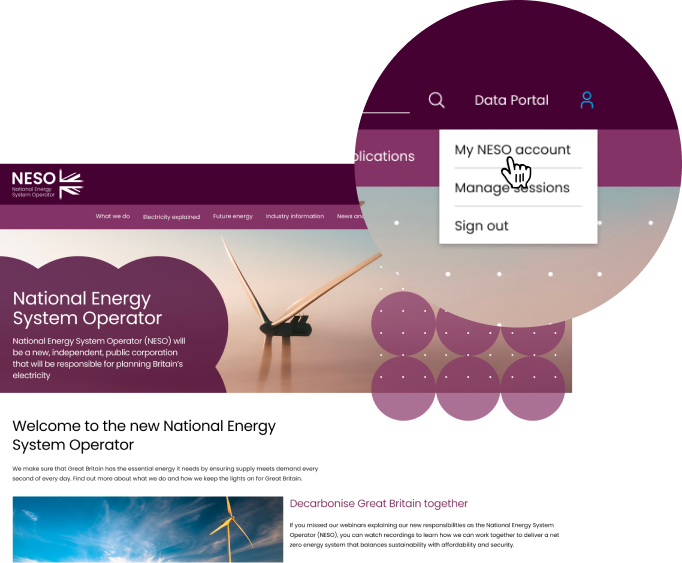Hydrogen Plant Dynamic Models
Project summary
This project aims to develop a dynamic model for polymer electrolyte membrane (PEM) hydrogen plants within DIgSILENT PowerFactory software, addressing a critical need for the UK's power system planning, stability analysis, and operational studies.
| Name | Status | Project reference number | Start date | Proposed End date |
|---|---|---|---|---|
| Hydrogen Plant Dynamic Models | Live | NIA2_NGESO079 | Dec 2024 | Dec 2026 |
| Strategy theme | Funding mechanism | Technology | Expenditure |
|---|---|---|---|
| Whole energy systems | NIA_RIIO-2 | Hydrogen, Modelling | £440,000 |
As the UK government targets 10 GW of low-carbon hydrogen production by 2030, understanding the integration and interaction of hydrogen technologies with the grid becomes imperative. The project will focus on modelling electrolyser and fuel cell plants, analysing their scalability, and developing control systems for grid integration.
Through Root Mean Square (RMS) and Electromagnetic Transients (EMT) simulations, the project will investigate hydrogen plants' impact on grid stability, facilitating a smoother transition to low-carbon hydrogen production. This project aligns with the UK's net-zero ambitions, enhancing energy security, decarbonisation, and supporting the broader strategy for a zero-carbon energy system transition.
Benefits
The development of a dynamic hydrogen plant model in PowerFactory will bring substantial benefits to NESO and National Grid Gas Transmission. This project enables the detailed understanding and optimised integration of hydrogen technologies into the grid, essential for balancing and stabilising amidst growing renewable energy integration. Improving coordination between hydrogen plants and renewable energy sources, the project anticipates a reduction in renewable curtailment and significant cost savings in grid management and operation.
This initiative accelerates the UK's transition to a low-carbon energy system, offering insights into hydrogen utilisation for grid services, including frequency regulation, voltage support, and multi-scale balancing services. The project's outcomes will foster innovation, enhance energy system reliability, contribute to the UK's net-zero goals, and support energy bill reductions for consumers, benefiting stakeholders across the energy sector.
| Name | Published |
|---|---|
| NIA Project Registration and PEA Document | 7 Jan 2025 |
| Annual Progress Report | 26 Aug 2025 |
| Electrolyser model | 26 Aug 2025 |
